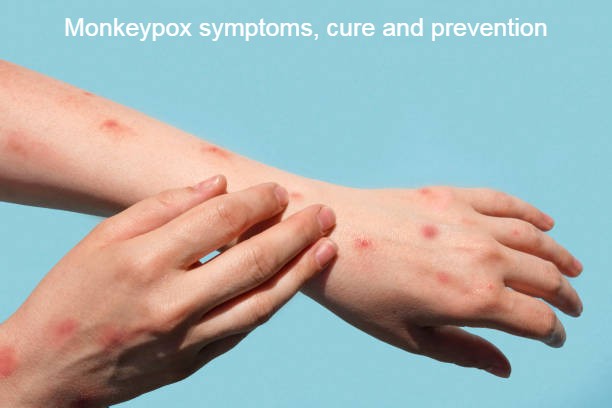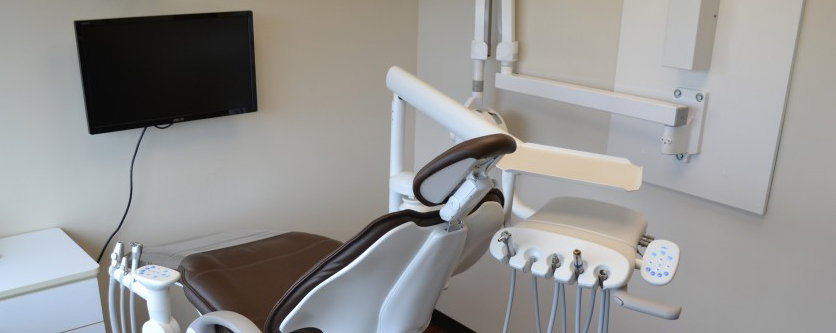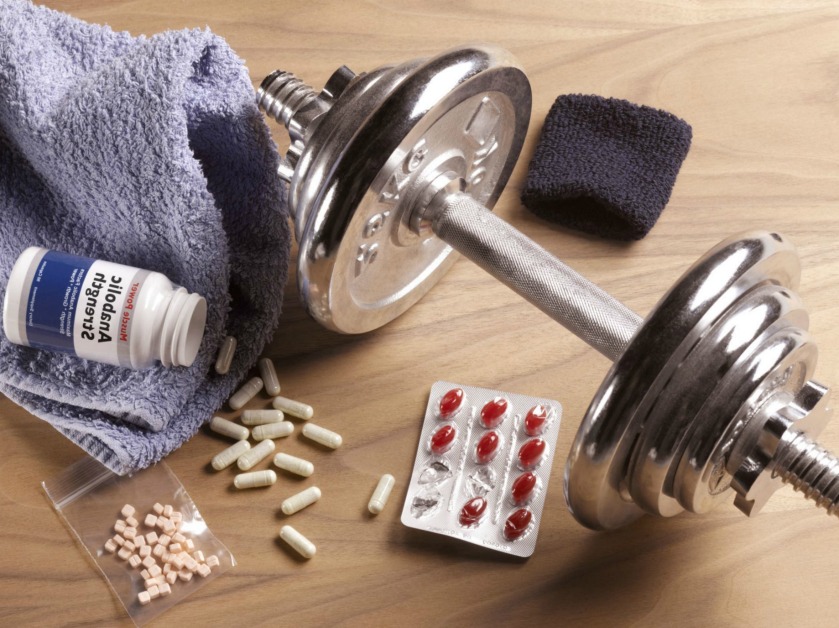Monkeypox is rapidly spreading across the world. In this post, you will know about monkeypox cases, monkey symptoms, monkeypox cure, diagnosis, treatment, and monkeypox prevention.
People across the world have not gotten rid of Covid-19 for more than 2 years. However, a new virus spread has made us stressed. As petr on 15 June 2022, Monkeypox, the new virus, has spread in more than 30 countries around the world, including England, the USA, Spain, and Portugal.
Table of content
- What is monkeypox?
- How does monkeypox spread?
- Monkeypox symptoms
- How serious is monkeypox?
- Monkeypox cure – what to do if you get exposed to monkeypox
- Monkeypox diagnosis
- Monkeypox treatment
- Monkeypox prevention – how to stay safe from monkeypox
What is monkeypox?
Monkeypox is viral disease, which is caused by the monkeypox virus. This virus belongs to the category of viruses as smallpox and orthopoxviruses. As per the latest data, it is not severe.
Scientists have been familiar with this virus since 1958. At that time, they found the virus in monkeys brought to the lab for research work. Monkeypox is common in west and central Africa. And It is spreading all over the world.
How does monkeypox spread?
It can spread from one person to another via a close contact. If you be closer to on infected person, the virus or monkeypox can infect you via:
- Bodily fluids such as blood and semen (sexual intercourse)
- Respiratory droplets that you can breathe in
- Things that have gone through bodily fluids such as clothes or bedding
- Bite by infected person
- Fluid or droplets can pass to you through the skin break, mouth, nose, or eyes
Monkeypox symptoms
The symptoms of monkeypox in humans are milder in comparison with smallpox. Monkeypox begins with headaches and fever and continues showing more signs. It can be severe if not treated. Monkeypox symptoms last for 2-4 weeks and it is a self-limited disease. As per WHO, the fatality rate is 3-6%. Here are some significant signs of monkeypox:
- Fever
- Headache
- Muscle aches
- Backache
- Swollen lymph nodes
- Chills
- Exhaustion
- Tiredness
- Sore throat
- Dry cough
- Shortness of breath (in severe stage)
How serious is monkeypox?
As per WHO, it is a self-limited disease and lasts for 2-4 weeks. In Africa, it can take life of one out of 10 persons. At the global level, its fatality rate is 3 to 6%. Here are some possible risks of monkeypox:
- Bronchopneumonia
- Encephalitis
- Infection of cornea with probable vision loss
- Sepsis
Monkeypox cure – what to do if you get exposed to monkeypox
You should rush to your doctor if you have an exposure to this virus or an infected person. Follow your doctor’s instructions and have a close look at changes in your body for 21 days. Here are what you should do:
- Measure your body temperature two times a day
- Stay away from your family members and others for 24 hours if you have swollen lymph nodes and chills without fever
- Consult your doctor if you have skin rashes and fever
- Immediately see your doctor if swollen lymph nodes and chills don’t go away
- Avoid donating your blood, cells, organs, breast milk, and tissues and having sexual intercourse if you are monitoring yourself for monkeypox symptoms after being exposed to an infected person
Monkeypox diagnosis
You should rush to a doctor for the diagnosis of monkeypox if you notice your symptoms are getting worse. The doctor will closely look at your lesions, conduct physical examinations, and ask the time of getting the virus. After that, the doctor can recommend a few tests and screenings such as:
- Allergies
- Bacterial skin infections
- Chickenpox
- Measles
- Syphilis
- Scabies
Monkeypox treatment
As per the results of the recommended tests and screenings, your doctor will prescribe medications with the right dosage. You need to take the prescribed medicines and follow your doctor’s instruction. In 1980, the World Health Organization approved the administration of smallpox vaccine to treat monkeypox.
A new vaccine with recommended two dosages has been licensed and approved by the WHO. This vaccine creates strong immune response to viruses of smallpox family or orthopoxviruses. The FDA has also approved JYNNEOS, a vaccine, to prevent monkeypox.
Monkeypox prevention – how to stay safe from monkeypox
With a little care, you can safeguard yourself against monkeypox. Here are some effective steps that you should take:
- Wear a surgical mask to avoid droplets, cough, allied fluids of others while going out
- Stay away from a close contact with animals (particularly dead animals) and infected persons
- Avoid making love to unknown person
- Keep a safe distance from the things such as bedding and clothes used by an infected person
- Wash your hands and face with soap and water often if you have to go close to an infected person or animal
- Have a complete PPE kit from your head to toe if you are going to take care of the infected animal or person





